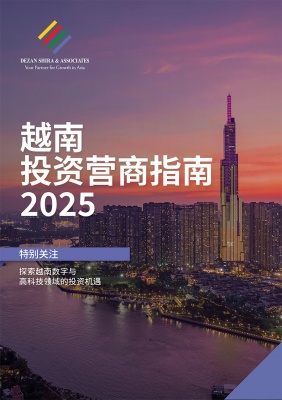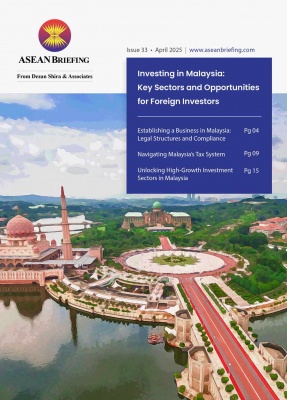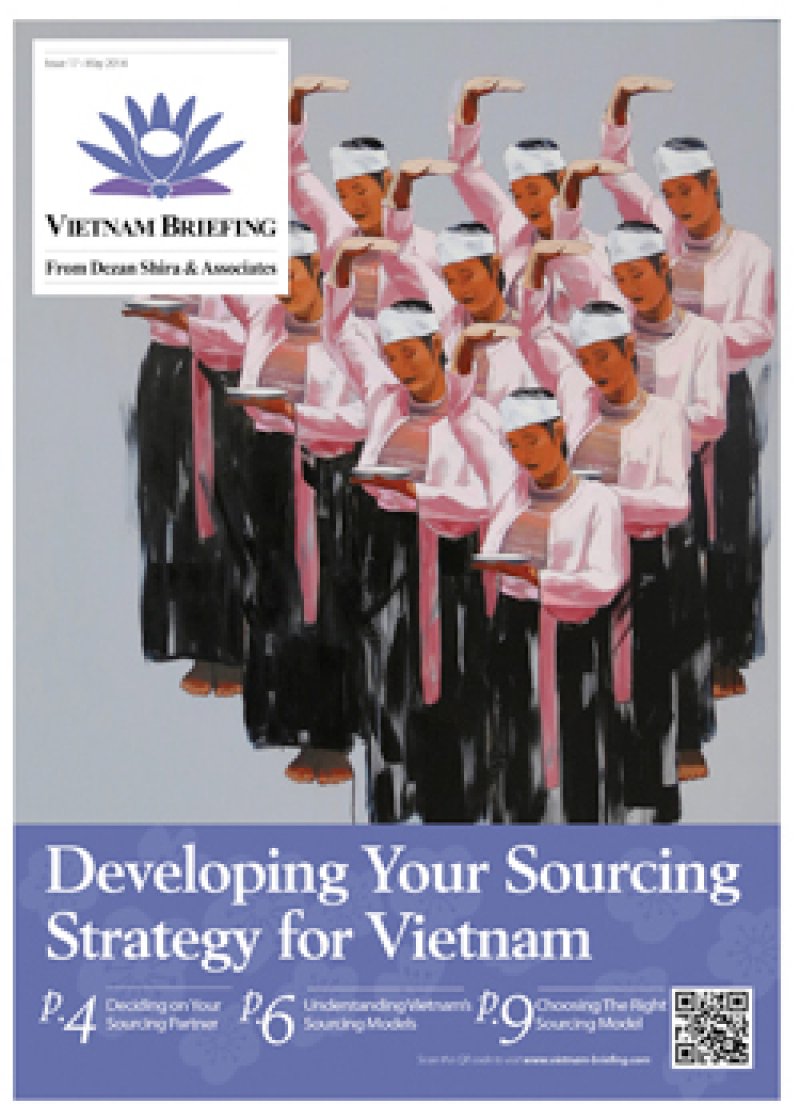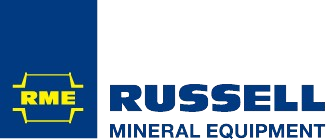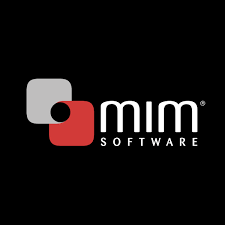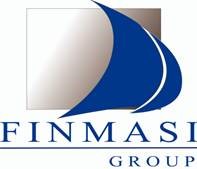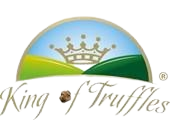
Our collection of resources based on what we have learned on the ground
Which limited liability company (LLC) structure is preferred for foreign businesses in Vietnam?
Q&AFor businesses wanting a wider business scope than a representative office (RO) offers them, a trading company structure is usually preferred.
This structure allows for the widest possible scope for sourcing, and since the business scope is wide, the level of acceptable registered capital required by the Vietnamese authority will often be higher than that for a service company (typical minimums vary depending on the type of project and its location).
The changing globalization trends in procurement processes and the growing competitiveness of other supplying nations means that the trading company model has become much more pertinent, as it allows for two-way traffic in both the inbound and outbound sourcing of products. The trading company model also makes it possible for companies to explore the potential to adapt their products or services for domestic consumption. It is very common for foreign companies that have been sourcing through a trading company for a few years to restructure in order to catch the opportunities offered by the local market.
With the added flexibility and complexity of a trading company, the operational and tax compliance requirements are also higher than the other two models. Activities such as managing invoices issued and VAT deductions, warehouse and inventory control, dealing with customs duties, and keeping track of logistics all become the trading company’s responsibility once a direct sourcing model is employed. Competent internal staff, as well as the support of reliable external consultants is key to establishing a successful business.
The service company also has its own merit, and may be more suitable for companies who want a simpler LLC model. Since the service company cannot trade products directly, the compliance involved is quite low and it can also play the role of an intermediate quality control and service agent for the parent company. Although the same effect can be achieved with an RO, this model does have the added capability of being able to receive commissions or other service revenues in VND. As such, this model can be more tax efficient than an RO.
So, for companies that need more from their Vietnam office, the trading company model would generally be the best option for businesses that are focused solely on sourcing activities. The trading company model offers the greatest potential to maximize supply chain control and minimize risks. The service company model is not as useful in this regard, however it can still be a good interim solution for companies that are not yet ready to tackle the Vietnamese VAT system and other operational compliance requirements.
< BACK TO LIBRARY
Subscribe to receive latest insights directly to your inbox
Subscribe NowOur Clients
Discover our esteemed global clients across diverse sectors. We believe in providing our clients with exceptional service and a commitment to being their partner for growth in Asia.
See what our clients say about us
